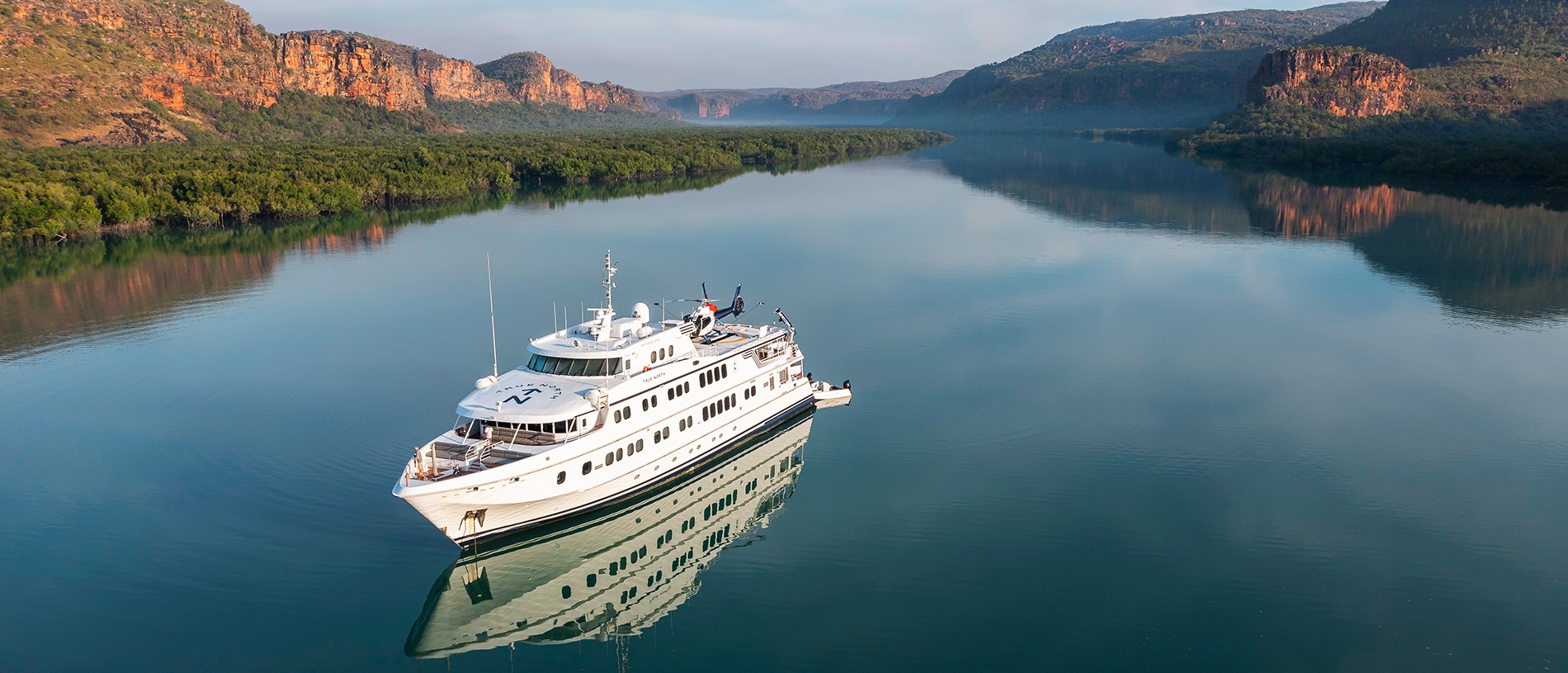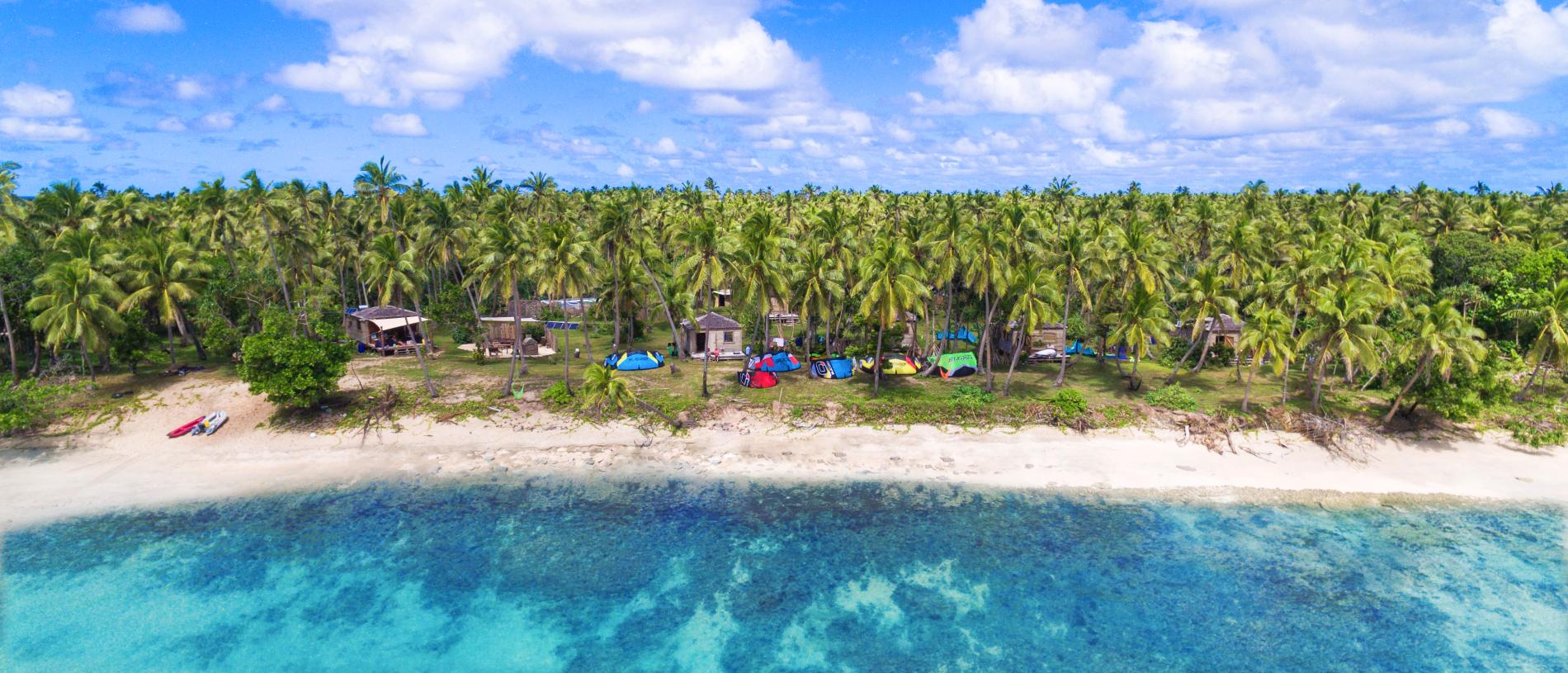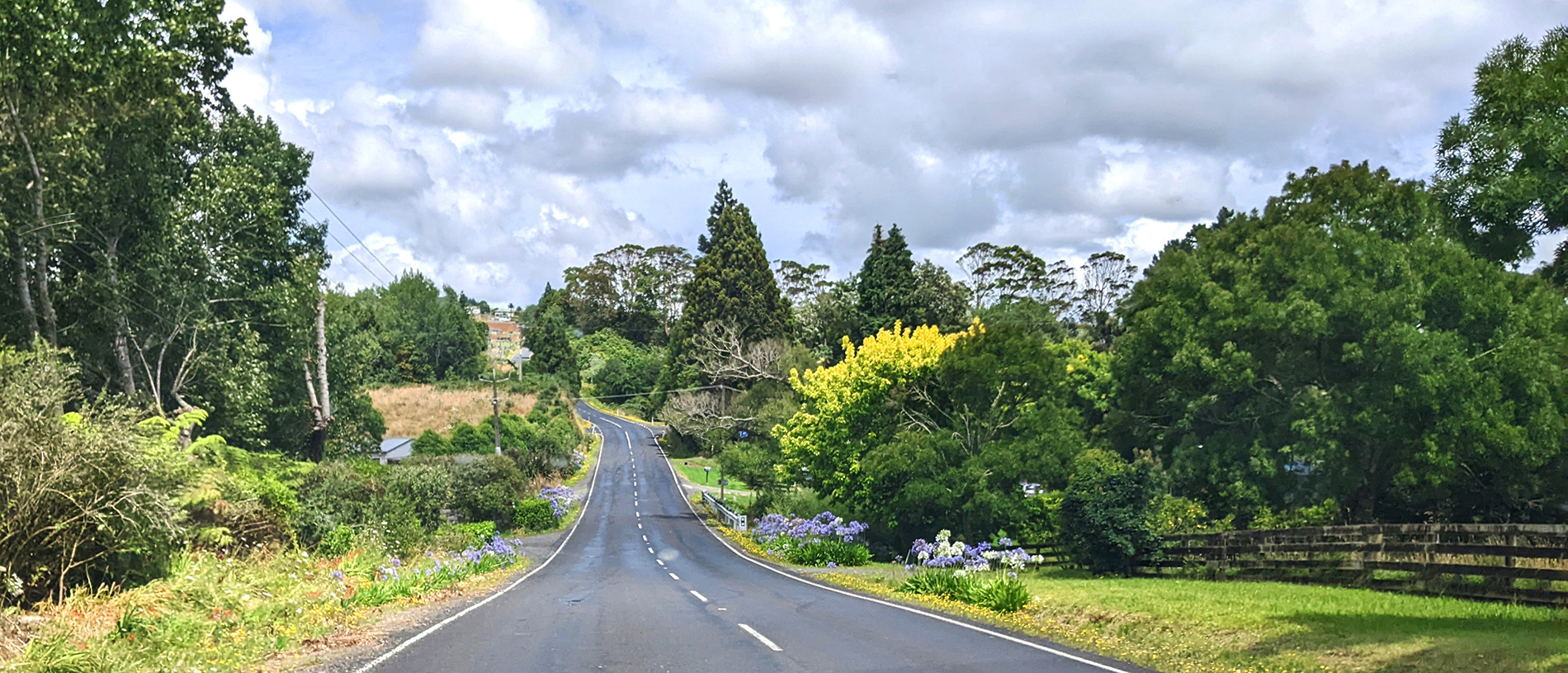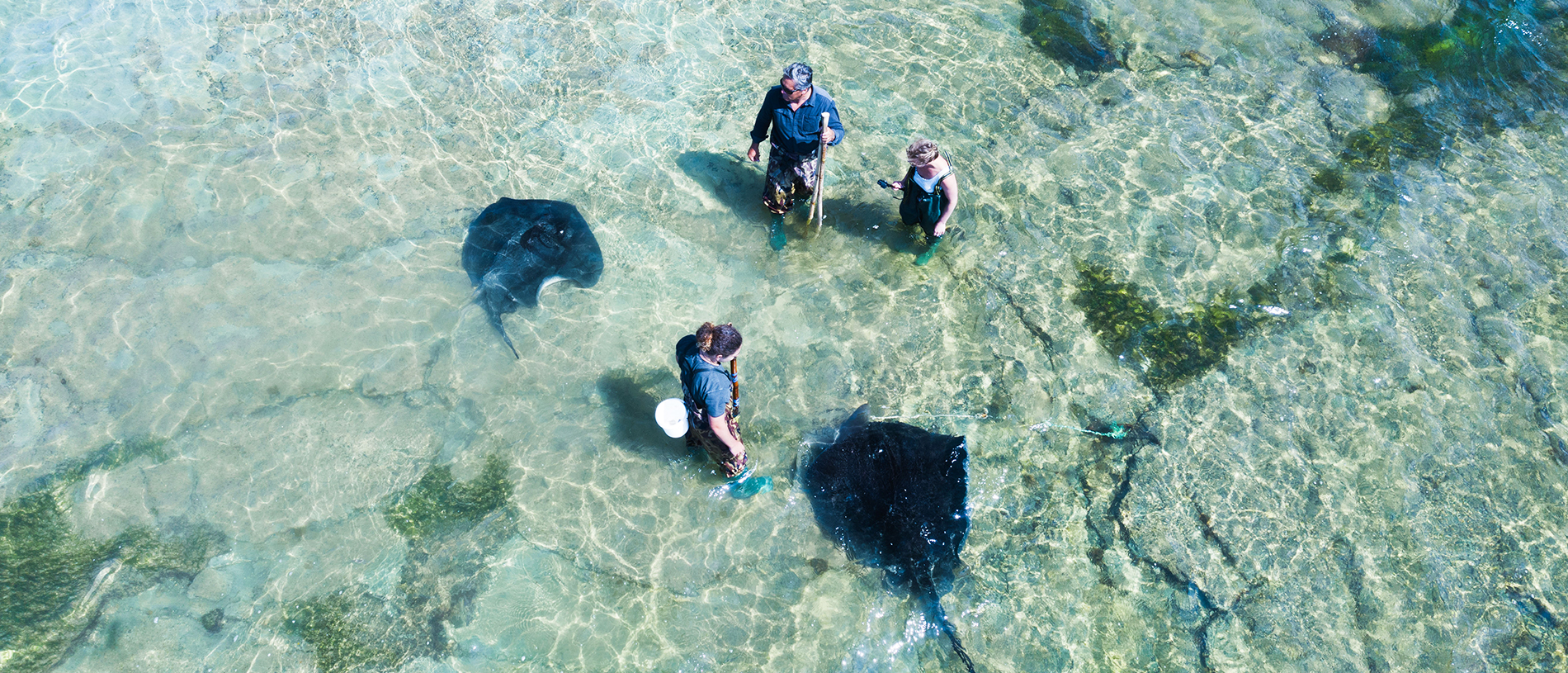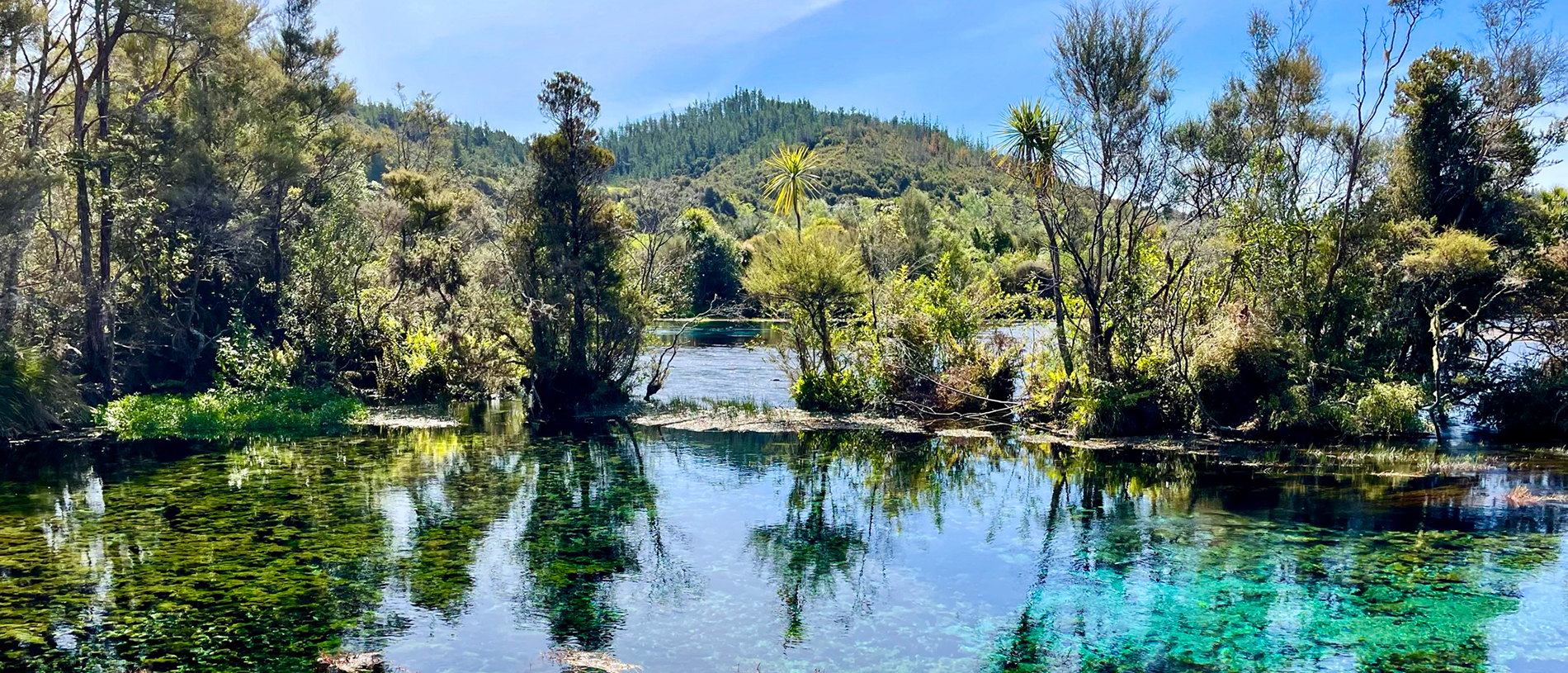While we found the sheer mass of fish confronting, we also understood the need to celebrate following the privations of the pandemic and the eruption. We had heard many horror stories from those bleak times. The sonic booms, the towering plumes of ash, the sun so dimmed that terror struck the heart of every living creature. On the main island, as panicked people drove to higher ground to avoid the tsunami, windscreens and headlights became so coated with thick layers of ash there were countless collisions, with drivers unable to see more than a few inches ahead on the road.
Today though, The Kingdom of Tonga is back on track. We came home recommending to anyone who would listen that they book flights, pack masks, snorkels and fins – and time a visit to Tonga between June and October to increase the chance of seeing humpback whales on their annual migration. For us, the experience of doing so, in such an idyllic place, was a dream come true.
Story by Elisabeth Easther for the Autumn 2024 issue of AA Directions Magazine. Elisabeth Easther is an Auckland-based freelance writer who regularly contributes to AA Directions magazine.
